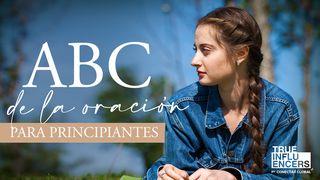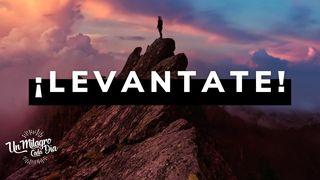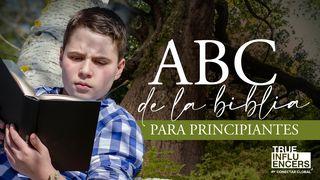A Life of Thanks-GivingMuestra

A Powerful Symbol in Trouble
Paul was on a ship bound for Rome. They had encountered a severe storm that drove them along for days. By day three they had to pass ropes under the ship to hold it together and they had thrown cargo and tackle overboard. They let out the sea anchor and were being dragged along, hoping against hope that they would not be dashed to pieces on some rocky coastline.
Luke describes it like this: "When neither sun nor stars appeared for many days and the storm continued raging, we finally gave up all hope of being saved."
Can you imagine "finally giving up all hope"?
On the 14th night, just before dawn, Paul, who has had a vision of deliverance, convinces the sailors, soldiers, prisoners and passengers to gather together. As they gather he encourages them to eat and promises them that God will deliver them.
Then he does a beautiful thing. In the dark hour just before dawn, on a boat that that has been pitched and tossed for 14 days of storm and with waves crashing and wind howling around them, Paul takes bread and gives thanks to God and eats.
This simple act of giving thanks before a meal unleashes hope and peace. We might call giving thanks a "domestic ritual," but it is a powerful symbol of hope and trust. Luke tells us that 276 souls were on board. It would take only one person to cry out "Who wants to eat when we're all going to die?" and panic would resume. But in that moment there is comfort and peace.
We've had moments as a family when we've processed sad news or come through a tough event. Then comes the meal time and, as we join hands, there's a meeting of eyes, maybe even a quiet sigh, and we "give thanks for the food," but we also affirm that the God who gives us food also looks after everything else.
Escritura
Acerca de este Plan

This plan deals with Thanks-giving. I was tempted to call the series "An Attitude of Gratitude" but there is something about the idea of Giving Thanks that appeals to me. Gratitude and Thankfulness are not limited to emotions that we experience from time to time, but are choices we make and gifts that we give.
More
Planes relacionados

ABC De La Oración ... Para Principiantes.

1 Tesalonicenses: Modelos a imitar

Que El Mundo Crea

Testigos Del Milagro: La Primera Navidad

¡Levántate! 7 Claves Para Levantarte Y Seguir.

La Gracia. 7 Claves Para Vivir en Plenitud.

ABC De La Biblia Para Principiantes
